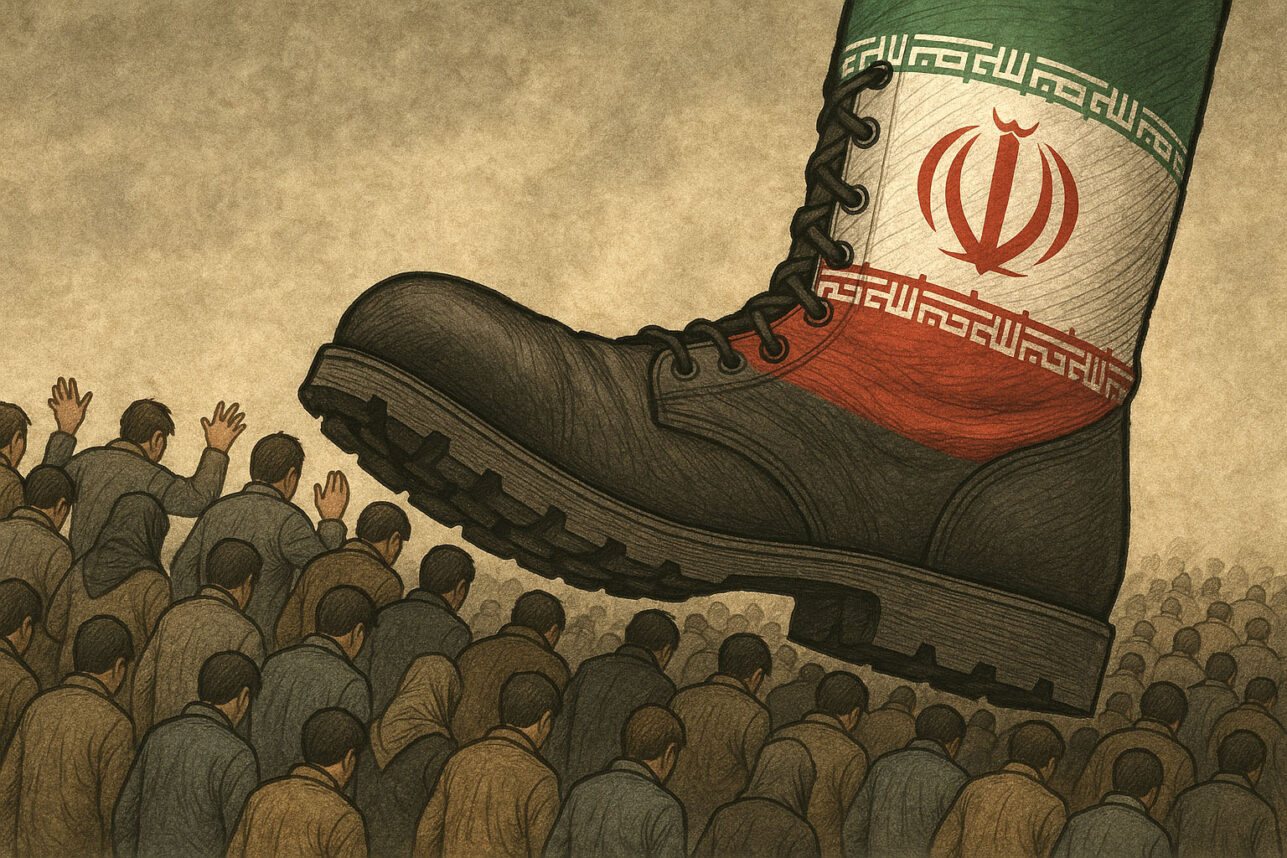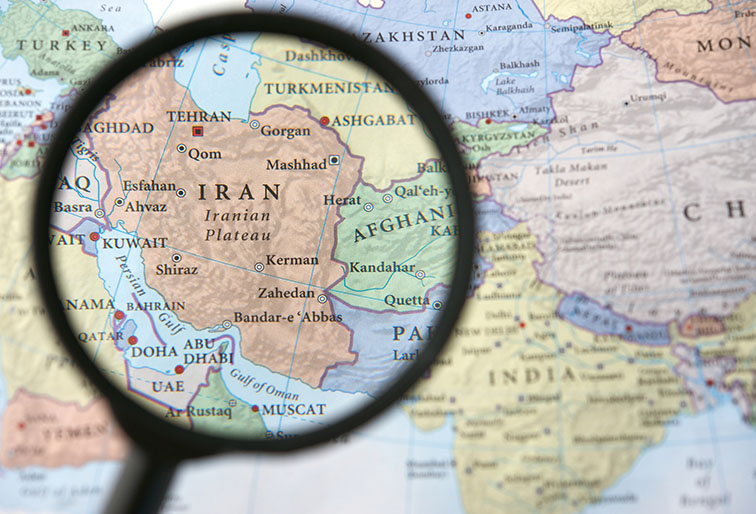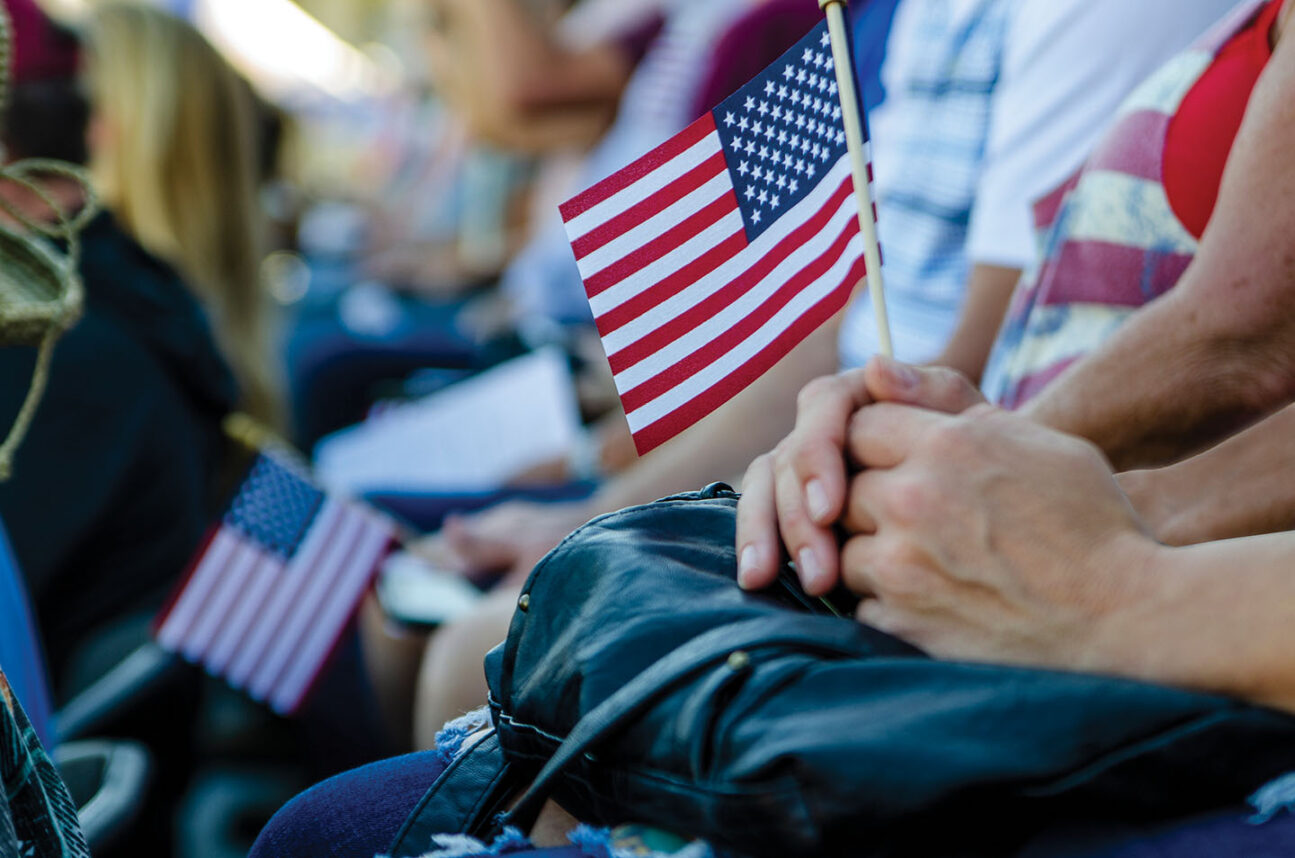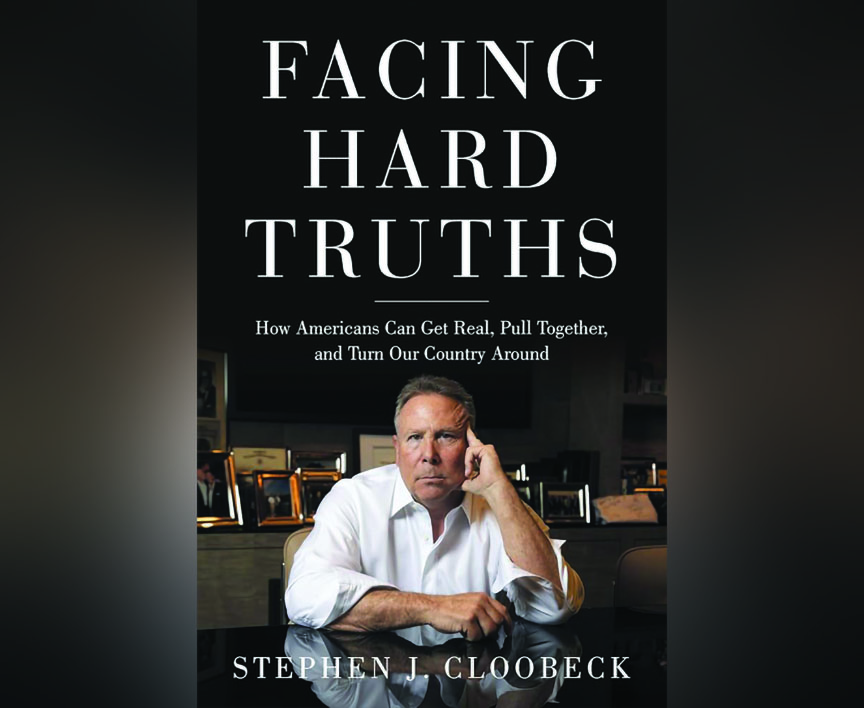My friend Jane and I met for dinner last week andhad a good laugh about death. California’s political campaign seasonis just commencing, and we were discussing, in an offhand way, whatmy husband, an attorney, might have made of an upcoming ballotproposition were he still among us.
“It’s amazing that he’s still dead,” I said,without quite knowing what I meant. Simultaneously, Jane and I letout a roar, a “yipes!” of astonishment, as people do when they touchsomething hot, or come too close to the sitra atra, what kabbalists call”the other side.”
“It’s a bore, isn’t it!” Jane said, rising to theoccasion. “Still dead, after all this time.”
Jane’s father, Harold, is still dead, too. He diedyears ago of a painful illness. He was a large, strapping formerfootball player who exuded robust physicality and wisdom. One ofthose men who add extra wattage to the earth’s light.
“It’s impossible that he’s really gone,” she said.”I want to say to my father: ‘Enough already. I’ve learned to livewithout you. I’m not mourning anymore. It’s safe for you to comeback.'”
It’s yet another yahrtzeit, this one No. 11. Andstrangely, I, too, feel safe. The brutal purple blossoms of thejacaranda tree no longer assault my eyesight as they did years agoafter the funeral. Our daughter, Samantha, has burst out of childhoodand is almost ready to drive a car. The icicles of loss don’t shiverdown my grieving back anymore.
And Burton himself is ancient history: He diedbefore the advent of fax and modem (though he was among the first toown a car phone) or self-stick postage stamps. We are living in twodifferent worlds, he and I, the Before and the After. The dead don’tgrow or expand their horizons, you know.
But they do call to us, in their own time. Andeach May, at yahrtzeit, death comes for a visit, bringing its ownpots and pans to prepare its own food, much like my grandfather, whokept kosher, long ago. Death drinks its schnapps out of a yahrtzeitglass and sits down at the table to talk for the 24 hours or so untilthe candle of memory is consumed. And I, like a character in a Kafkashort story, wait on death and clear the crumbs of its wisdom off thetablecloth, trying to glean a message from this force beyond mycontrol. As a temporary visitor, death has its charms, afterall.
By an accident of the Jewish calendar, Burton’syahrtzeit always falls around Mother’s Day. The conjoining of the twoby now seems right to me, though it is hardly the sappy vision ofsuburban complacency that the makers of Hallmark cards had in mind.Each year, I try to choose which to honor, birth or death. Butinevitably, the two come together, in the mixed bag that islife.
That last Mother’s Day, Burt called our cousinWillie from the hospital and had her buy me a necklace of tourmalinehearts. I sat with him on his narrow bed, the hearts stared upthreateningly to me. Two days later, Burton was gone, and my life asa single mother began.
But death has always been present at my family’sMother’s Day. When I was a child, my mother spent the day in a kindof mournful haze, recalling her own mother who had died when Mom was12. She felt cheated, and there was nothing I could do to make up forit. Death sat at our breakfast table, where my brother and I servedour mother homemade pancakes. She was appreciative, but distant.Dead, my mother was thinking. Still dead.
Eventually, and far too young, I learned about theperils of love and the cost of personal connection that is the truehuman dilemma. We spend a lifetime building a network of comfort andstability with parents, siblings, children, doomed to fervid mourningwhen they’re gone. The reward for loving well is grieving well. Thecost of weaving is in the tear. We live in the here and now, but thesitra atra isalways close by.
As we studied last week’s Torah portion, Tazria,the laws of childbirth, the rabbi asked for a show of hands: Whoamong us in the sanctuary had never suffered miscarriages, abortions,infertility? Who among the rest had not yet lost a parent or asibling? We are all experienced in the litany of grief. We stand inthe shadow of those who are still, still dead.
Our modern world, of course, is notoriouslyuncomfortable about death. Not for us — the washing of the body, thesitting with the corpse, the acknowledgment that this end will beours. All we’ve done is suppress the truth. It comes out obsessively,ridiculously, inopportunely. Why do we endlessly watch the funeralsof Princess Diana and Mother Teresa? Why do we cry at the death ofPaul McCartney’s wife, Linda? It’s easier to hurt for the grievingBeatle than to serve the memory of our own.
I prefer the Chassidic way, and the tales thatgive death the power and the majesty it is due.
Here, for example, is the 19th-century story ofRabbi Loew, who tried to subvert the Angel of Death. One day, theAngel of Death came into Rabbi Loew’s town near Yom Kippur. Hecarried with him a long scroll on which was inscribed the names ofthose synagogue members who were to die by plague in the coming year.The rabbi confronted the Angel of Death and ripped from his hands thescroll. He tore off the list, throwing the parchment into the fire.Almost every one was saved; but one name was left on the scroll, andit was his own.
I like this guy: He knew what the odds were. Butat least he went out fighting.
Marlene Adler Marks is senior columnist at TheJewish Journal. Her e-mail address is wmnsvoice@aol.com. Beginning onMay 16, she will teach “Writing and Reading for Heart and Soul” atthe Skirball Cultural Center.
SEND EMAIL TO MARLENE ADLER MARKS
wmnsvoice@aol.com
May 1, 1998 —Israel: Reclaimingthe Feminine
April 10, 1998 —The ExodusThroughout the Years
April 3, 1998 —A Worrier’sDelight
March 27, 1998 —Clinton and theFeminists
March 20, 1998 —Shabbat, AmericanStyle
March 13, 1998 —The PublicMan
March 6, 1998 —Taster’sChoice
February 27, 1998— ALiberal Feminist Meets Modern Orthodoxy
February 20, 1998 —Spinning theWeb
February 13, 1998 —How Do We DoIt?
February 6, 1998 —One by One byOne
January 30, 1998 —TheDaughter
January 23, 1998 —Babysitters NoMore
January 16, 1998 —FalseAlarms
November 28, 1997 —As AmericanAs…
November 21, 1997 —The ThirteenWants
November 14, 1997 —Music to MyEars
November 7, 1997 —Four Takes on50
October 31, 1997 —ChallengingHernandez
October 24, 1997 —CommonGround
October 17, 1997 —Taking Off theMask
October 10, 1997 —Life’s a MixedBag
October 3, 1997 —And Now ForSomething Completely Different
September 26, 1997— An OpenHeart
September 19, 1997— My BronxTale
September 12, 1997 — Of Goddesses andSaints
August 22, 1997 — Who is Not a Jew
August 15, 1997 — A LegendaryFriendship
July 25, 1997 — A Perfect Orange
July 18, 1997 — News of Our Own
July 11, 1997 — Celluloid Heroes
July 4, 1997 — Meet theSeekowitzes
June 27, 1997 — The Facts of Life
June 20, 1997 — Reality Bites

































 More news and opinions than at a Shabbat dinner, right in your inbox.
More news and opinions than at a Shabbat dinner, right in your inbox.